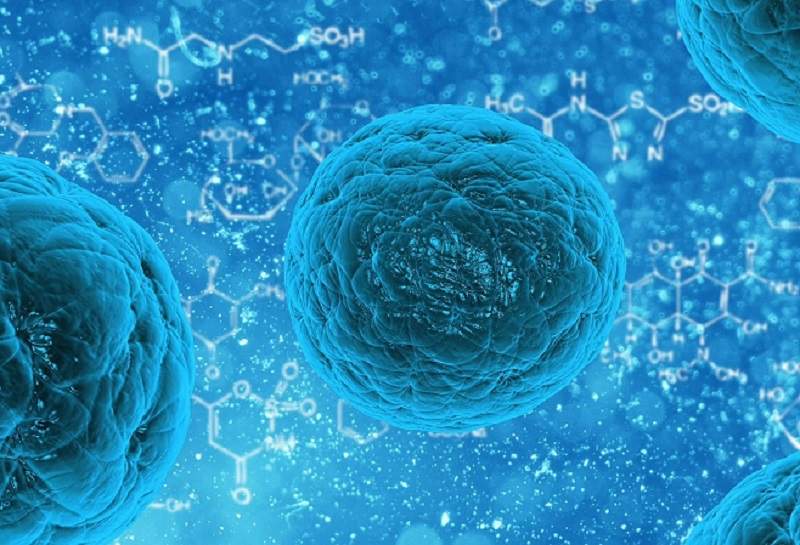
Researchers at the MD Anderson Cancer Center at the University of Texas are conducting trials on natural killer cells (NK cells) that could offer an alternative to costly Chimeric Antigen Receptor T-cells (CAR-T cells) used in cancer treatment.
NK cells are a type of white blood cell that kill virally-infected cells and control early signs of cancer. They can be harvested from cord blood ─blood from the placenta and umbilical cord that is rich in blood stem cells.

Discover B2B Marketing That Performs
Combine business intelligence and editorial excellence to reach engaged professionals across 36 leading media platforms.
Early data from a trial involving participants with chronic lymphocytic leukaemia showed around two thirds of participants administered with NK cell therapy experienced a complete response after 30 days, a similar level of efficacy to CAR-T cells.
Professor of stem cell transplantation and cellular therapy at the MD Anderson Cancer Center Katy Rezvani told Pharmaceutical Technology: “Our umbilical cord-derived CD19 chimeric antigen receptor NK cells are in a phase I/II clinical trial now for relapsed or resistant B cell lymphoma and leukemia.”
“We plan to target other cancers, including acute myeloid leukemia, multiple myeloma and solid tumors.”
Researchers have been able to manufacture 40 million NK cells targeting CD19, a biomarker found in certain blood cancer cells. Producing a similar amount of CAR-T cells would be around 100 times more expensive.

US Tariffs are shifting - will you react or anticipate?
Don’t let policy changes catch you off guard. Stay proactive with real-time data and expert analysis.
By GlobalDataIn August 2017 the first gene therapy was approved by the US Food and Drugs Administration. It has been used to successfully treat blood cancers such as childhood leukaemia and some lymphomas.
The therapy requires drawing blood from patients, separating out T cells and genetically modifying them. The engineered cells further multiply in the patient’s body and identify and kill cancer cells. Although CAR-T therapy has proved extremely effective, it is costly to produce and administer, with a single infusion costing $475,000 when the therapy was first approved.
As NK cells can be harvested from readily-available cord blood supplies and then stored, they could offer a cheaper option.
With ‘off-the-shelf’ therapy, there is a risk of graft-versus-host syndrome in which the donated blood stem cells view the recipient’s body as foreign and attack it. However, a spokesperson from the MD Anderson Cancer Center told Pharmaceutical Technology that is is not the case with NK cells.
“One potentially significant advantage of NK cells is that they don’t cause graft-vs.-host disease. So we can derive them from umbilical cord blood, equip them with a chimeric antigen receptor, and keep them ready on the shelf for immediate treatment. This would eliminate the time and expense needed to develop CAR-Ts from patients’ T cells.”




